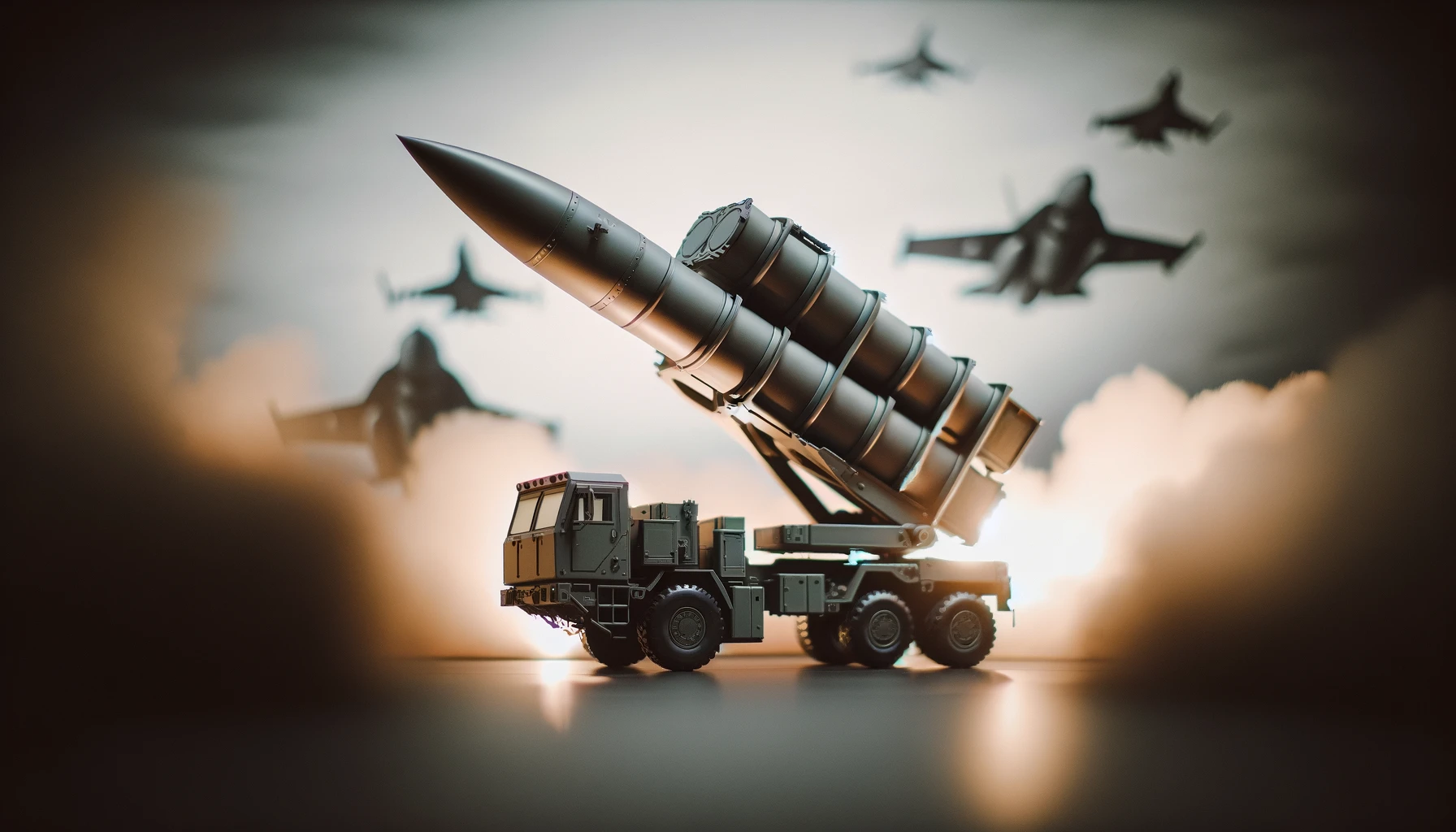
Lockheed Martin, a stalwart in the defense sector, has reached a monumental milestone with the award of a $17 billion contract from the U.S. Missile Defense Agency. This contract signifies a crucial advancement in the nation’s defense capabilities against potential missile threats from adversaries like North Korea and Iran.
Enhancing National Defense with the Next Generation Interceptor (NGI)
The contract’s primary focus lies in the development of the Next Generation Interceptor (NGI), a pivotal component of the United States’ defense strategy against intercontinental ballistic missiles. By bolstering the NGI program, Lockheed Martin aims to fortify the Ground-Based Midcourse Defense (GMD) system, which comprises radars and interceptors essential for safeguarding the nation from missile attacks.
Commitment to Delivering Advanced Interceptors
Sarah Hiza, the general manager at Lockheed Martin, underscores the company’s unwavering commitment to delivering cutting-edge interceptors capable of thwarting emerging missile threats. With plans to deploy the first operational interceptor by 2028, Lockheed Martin is poised to play a vital role in ensuring the nation’s security preparedness.
Progressing from Development to Deployment: NGI Program Roadmap
The NGI program is currently in the technology development phase and is slated to transition to product development in May, according to Lieutenant General Heath Collins. This strategic roadmap underscores Lockheed Martin’s dedication to advancing the NGI program swiftly and efficiently.
Strategic Significance Amid Evolving Threats and Budgetary Realities
Lockheed Martin’s success in securing the NGI contract is particularly noteworthy amid recent adjustments in defense budgets and intensified competitive pressures within the industry. By modernizing the GMD system and enhancing national defense capabilities, Lockheed Martin reaffirms its pivotal role in safeguarding U.S. interests.

Resilience and Adaptability in a Dynamic Defense Landscape
Amidst challenges such as supply chain disruptions and lower profit forecasts, Lockheed Martin’s recent contract wins underscore its resilience and adaptability in navigating a dynamic defense landscape. With foreign military sales reaching record levels, Lockheed Martin’s position as a leading defense contractor remains robust.
A Legacy of Innovation: Advancing National Security
In conclusion, Lockheed Martin’s $17 billion contract win represents more than just a business achievement; it signifies a profound commitment to advancing national security through innovation. As Lockheed Martin continues to forge ahead in defense innovation, the nation stands better equipped to confront evolving security challenges on the global stage.
Navigating the Future: Charting a Course for Continued Success
Looking ahead, Lockheed Martin’s leadership in defense technology and strategic partnerships position it well for continued success in an ever-evolving security landscape. By staying at the forefront of technological advancements and maintaining a steadfast commitment to excellence, Lockheed Martin is poised to shape the future of national defense and safeguard the nation’s interests for generations to come.
Ensuring Security and Stability: A Collaborative Endeavor
The significance of Lockheed Martin’s contract win extends beyond the company itself; it underscores the collaborative efforts between government agencies and private enterprises in ensuring the security and stability of the nation. By leveraging expertise from both sectors, innovative solutions can be developed to address emerging threats and safeguard national interests effectively.
Investing in Future Preparedness: The Importance of Defense Innovation
As threats evolve and adversaries become more sophisticated, the need for continuous defense innovation becomes increasingly paramount. Lockheed Martin’s contract win represents a significant investment in future preparedness, signaling a commitment to staying ahead of the curve and maintaining a competitive edge in an ever-changing security landscape.
Empowering National Defense: A Shared Responsibility
Ultimately, the responsibility of safeguarding the nation falls on the collective shoulders of government entities, defense contractors, and citizens alike. Lockheed Martin’s contract win serves as a testament to the collaborative efforts of all stakeholders involved in empowering national defense and ensuring the safety and security of the American people.
Safeguarding the Future: A Call to Action
As Lockheed Martin embarks on this transformative journey to develop next-generation defense capabilities, it serves as a call to action for all stakeholders to prioritize investments in national security and preparedness. By working together, we can build a safer and more secure future for generations to come.










